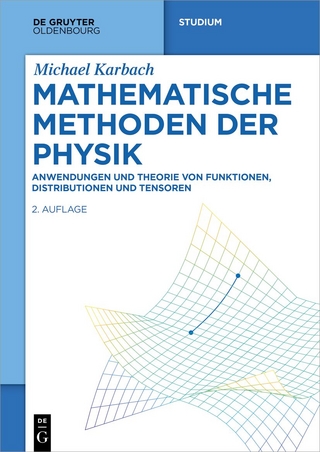
How to Divide When There Isn't Enough
Cambridge University Press (Verlag)
978-1-316-64644-1 (ISBN)
How to Divide When There Isn't Enough develops a rigorous yet accessible presentation of the state-of-the-art for the adjudication of conflicting claims and the theory of taxation. It covers all aspects one may wish to know about claims problems: the most important rules, the most important axioms, and how these two sets are related. More generally, it also serves as an introduction to the modern theory of economic design, which in the last twenty years has revolutionized many areas of economics, generating a wide range of applicable allocations rules that have improved people's lives in many ways. In developing the theory, the book employs a variety of techniques that will appeal to both experts and non-experts. Compiling decades of research into a single framework, William Thomson provides numerous applications that will open a large number of avenues for future research.
William Thomson is the Elmer Milliman Professor of Economics at the University of Rochester, New York. He is the author of several books including A Guide for the Young Economist (2011) which has appeared in four translations, and over one hundred articles. In 2001, he won the University Award for Excellence in Graduate Teaching at the University of Rochester. He is a Fellow of the Econometric Society, the Society for Economic Theory, and the Game Theory Society.
1. Introduction; 2. Inventory of division rules; 3. Basic properties of division rules; 4. Monotonicity properties; 5. Claims truncation invariance and minimal rights first; 6. Composition down and composition up; 7. Duality; 8. Other invariance properties; 9. Operators; 10. Variable-population model: consistency and related properties; 11. Constructing consistent extensions of two-claimant rules; 12. Variable-population model: other properties; 13. Ranking awards vectors and ranking rules; 14. Modeling claims problems as games; 15. Variants and generalizations of the base model; 16. Summary graphs and tables; 17. Appendices.
| Erscheinungsdatum | 05.09.2019 |
|---|---|
| Reihe/Serie | Econometric Society Monographs |
| Zusatzinfo | Worked examples or Exercises; 3 Tables, black and white; 170 Line drawings, black and white |
| Verlagsort | Cambridge |
| Sprache | englisch |
| Maße | 152 x 227 mm |
| Gewicht | 740 g |
| Themenwelt | Mathematik / Informatik ► Mathematik ► Angewandte Mathematik |
| Mathematik / Informatik ► Mathematik ► Finanz- / Wirtschaftsmathematik | |
| Wirtschaft ► Volkswirtschaftslehre ► Ökonometrie | |
| ISBN-10 | 1-316-64644-0 / 1316646440 |
| ISBN-13 | 978-1-316-64644-1 / 9781316646441 |
| Zustand | Neuware |
| Haben Sie eine Frage zum Produkt? |
aus dem Bereich


